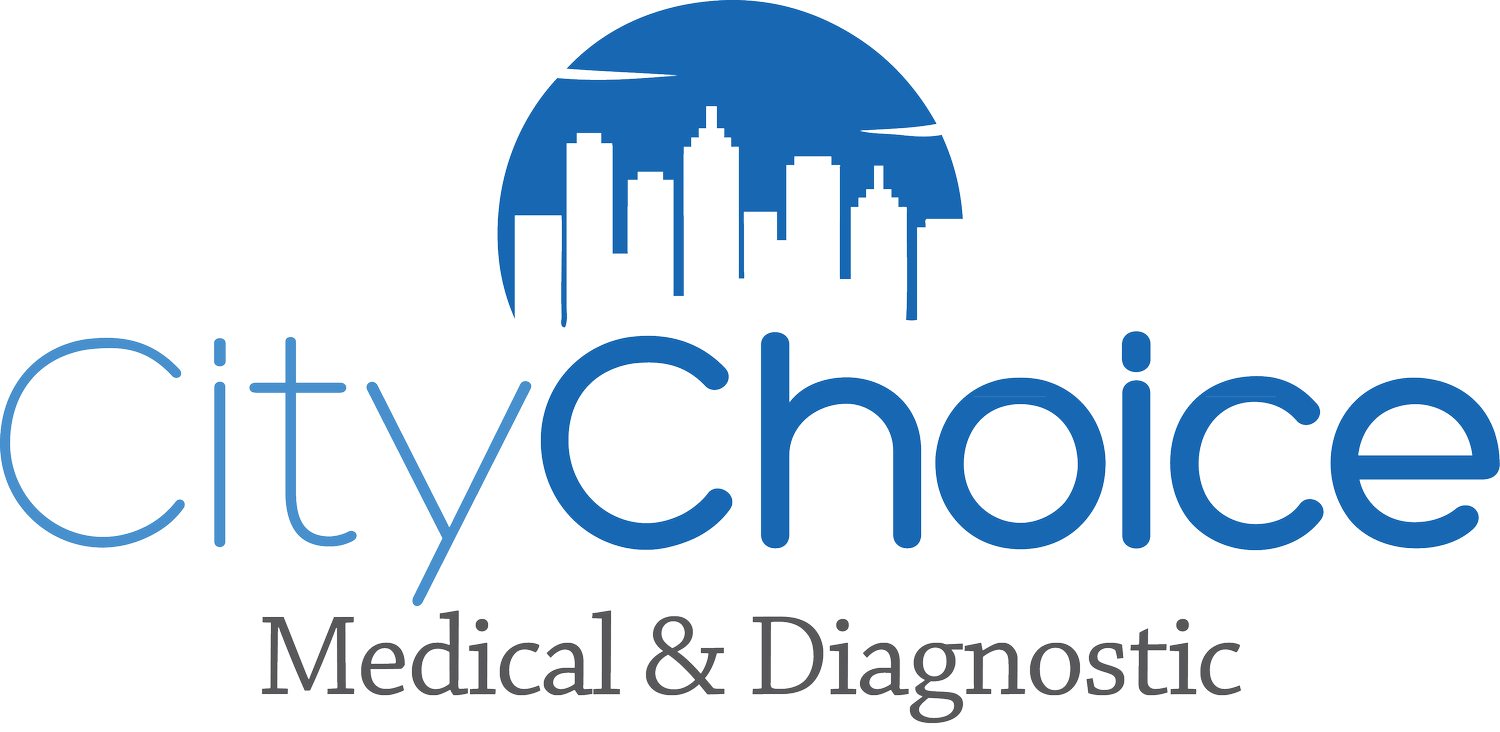The Vaccines You Receive Are Safe
Vaccine safety is a high priority. CDC and other experts carefully review safety data before recommending any vaccine, then continually monitor vaccine safety after approval.
Vaccines can have side effects, but most people experience only mild side effects—if any—after vaccination. The most common side effects are fever, tiredness, body aches, or redness, swelling, and tenderness where the shot was given. Mild reactions usually go away on their own within a few days. Serious or long-lasting side effects are extremely rare, and vaccine safety is continually monitored.
Vaccines help provide immunity to children before they are exposed to potentially harmful diseases like hepatitis B, measles, mumps, polio and more. All vaccines are extensively tested and approved for use by the CDC.
Birth to age 2
· Hepatitis B
· Rotavirus
· Diphtheria, tetanus and acellular pertussis
· Haemophilus influenza type b
· Pneumococcal conjugate
· Inactivated poliovirus (IPV)
· Influenza
· Measles, mumps, rubella (MMR)
· Varicella (chickenpox)
· Hepatitis A
4-6 years old
· Diphtheria, tetanus and acellular pertussis
· Inactivated poliovirus (IPV)
· Influenza
· Measles, mumps, rubella (MMR)
· Varicella (chickenpox)
Teens
· Tetanus, diphtheria & acellular pertussis (Tdap)
· Human papillomavirus (HPV)
· Meningococcal
· COVID-19 (with FDA approval, many colleges and universities are now requiring)
Vaccines Can Protect Against Serious Illness
The protection some vaccines provide can fade over time, and you might need additional vaccine doses (boosters) to maintain protection. For example, adults should receive a tetanus booster every 10 years to protect against infection from dirty wounds. Talk to your health care provider about vaccination to see whether you might have missed any vaccines or need a booster.
Some vaccine-preventable diseases can have serious complications or even lead to later illnesses. For them, vaccination provides protection not only against the disease itself but also against the dangerous complications or consequences that it can bring. Some examples:
Seasonal influenza (flu) is a respiratory virus that sickens tens of millions of people every year in the United States. The annual flu vaccine helps you avoid infection and reduces your chances of being hospitalized or dying if you do become infected. Flu vaccine also protects you from flu-related pneumonia and flu-related heart attacks or stroke—complications that can affect anyone but are especially dangerous for persons with diabetes or chronic heart or lung conditions.
Hepatitis B is a serious, potentially deadly infection of the liver caused by the hepatitis B virus (HBV). There is no cure, but vaccination prevents HBV infection as well as the chronic liver damage and cancer that hepatitis B can cause.
Human papillomavirus (HPV) is a leading cause of cervical cancer and can cause other cancers in both women and men. HPV vaccine keeps you from being infected with the virus or passing it to others, protecting you and them from the immediate effects of the virus as well as from the various cancers it can trigger.

